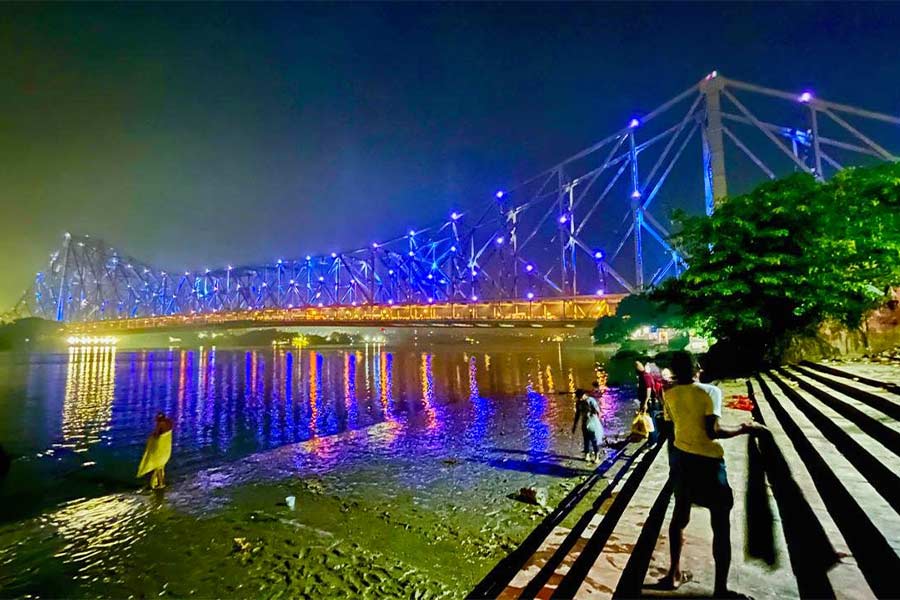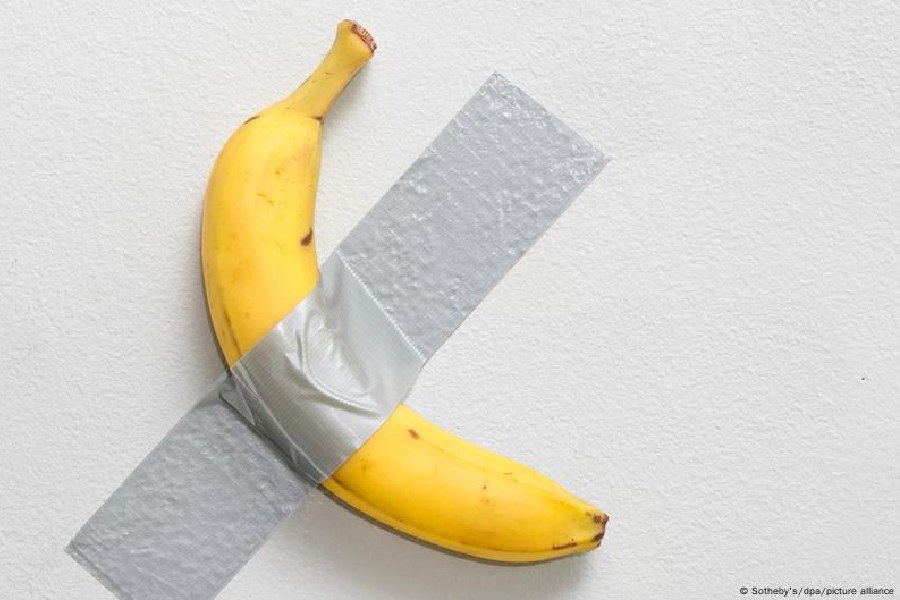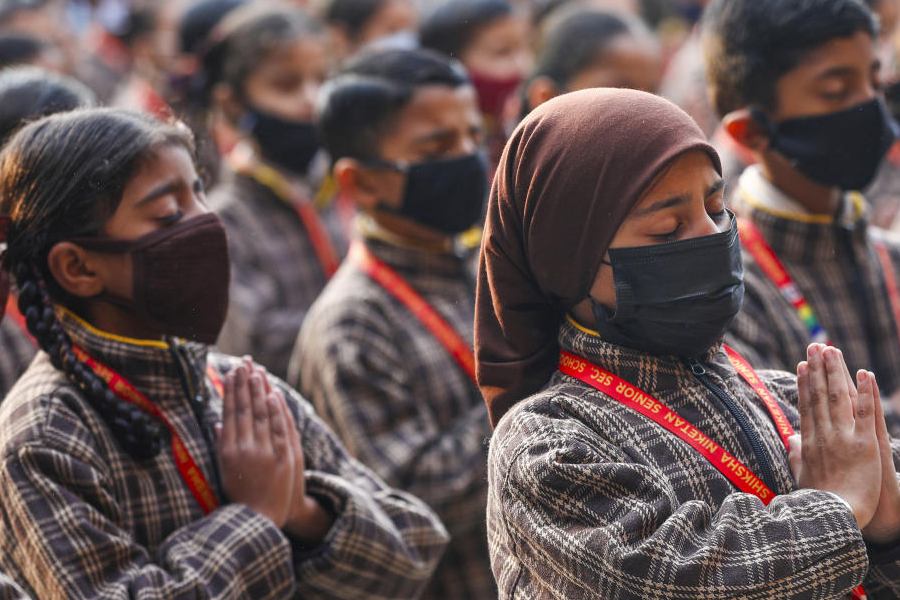 Wednesday, 20 November 2024
Wednesday, 20 November 2024
 Wednesday, 20 November 2024
Wednesday, 20 November 2024
Manipur’s lingering turmoil has not only split the state's Meitei and Kuki communities but also drawn battle lines within India’s political parties. The fragile peace in Manipur—shattered in May 2023—remains elusive, with over 300 lives lost and thousands displaced in nearly 19 months of ethnic unrest.
On November 20, the Manipur Congress urged the AICC president Mallikarjun Kharge to act against senior leader P Chidambaram for his controversial remarks on social media. Chidambaram, in a now-deleted post on X , suggested that “the Meitei, the Kuki-Zo, and the Naga can live together in one state only if they have genuine regional autonomy.” He also blamed chief minister N. Biren Singh for the ongoing crisis.
Manipur Congress leaders condemned Chidambaram’s comments, with party chief Keisham Meghachandra calling the situation "very sensitive" and requesting the deletion of the post. Chidambaram complied, but the fallout continues.
Former Manipur chief minister O Ibobi Singh distanced the party from Chidambaram’s remarks, stating, “His comment is his personal observation and does not reflect the stand of the party.”
Chief minister Biren Singh accused Chidambaram of exacerbating the crisis during his tenure as Union home minister under the Congress government. Singh alleged that Chidambaram facilitated foreign intervention by “bringing in a Myanmar-born leader who is now part of a militant group.”
Chidambaram was Union home minister from 2009 to 2012.
While the Congress grapples with internal dissent, the BJP too faces fissures within its alliances. The National People’s Party (NPP), which holds seven seats in Manipur’s 60-member assembly, withdrew support from the N. Biren Singh government on November 18, citing its “complete failure to resolve the crisis.”
On Monday, 11 MLAs didn't attend a meeting called by the chief minister to discuss the law and order situation in the state. 9 out of belonged to the BJP.
The Naga People’s Front (NPF), with five MLAs, offered a contrasting view.
NPF Manipur president Awangbou Newmai defended the state government, asserting, “Withdrawing support does not arise at this juncture. The government is doing its best.”
Adding to the BJP’s woes, the Rashtriya Swayamsevak Sangh (RSS) criticised both the Centre and the state for their inability to resolve the conflict. In a statement on November 19, the RSS Manipur unit condemned the violence, particularly the “brutal acts against women and children,” and urged the governments to act.
The recent flare ups in Manipur, which began about two weeks ago, has been a cause of concern. The conflict became an election campaign issue in Jharkhand and Maharashtra.
Earlier, Congress leader Rahul Gandhi launched a fiery critique of the BJP, accusing it of “burning Manipur” and fostering divisions nationwide. Speaking at an election rally in Lohardaga, Jharkhand, on November 17, Gandhi said, “The BJP incited Hindus, Muslims, Christians, and Sikhs against each other. It is their character to divide.”
With tensions escalating, Congress leaders demanded direct action from the prime minister and Union home minister. At an AICC press conference, Jairam Ramesh asked Modi to visit Manipur before the Parliament session begins on November 25. He also demanded home minister Amit Shah’s resignation, terming the BJP’s governance a “complete failure.” KC Venugopal echoed similar sentiments, lamenting Modi’s absence from Manipur while the state remains “in flames."
Jharkhand chief minister Hemant Soren joined the chorus of criticism, questioning the BJP’s “Beti Bachao” rhetoric. “Tribal women were made to run naked on roads in Manipur. And they are questioning about Beti!” he alleged on November 19, targeting Assam Chief Minister Himanta Biswa Sarma for his silence on the issue.
As the Congress and BJP struggle with internal fractures, the question looms large: Can these parties rise above their divisions to bring peace to a state and stability to a nation?







